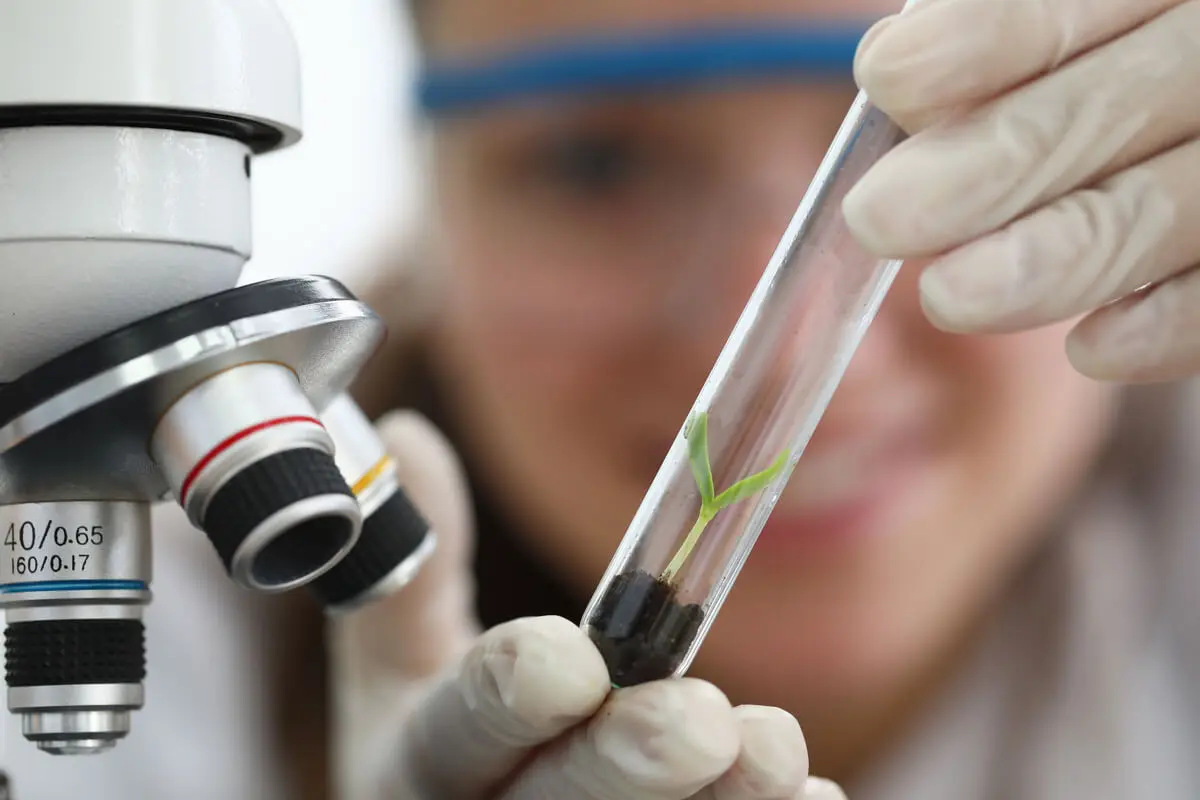Empiricism and Rationalism: Differences, Advantages and Disadvantages

Within philosophy there are two antagonistic currents that attempt to explain the origin and nature of human knowledge: empiricism and rationalism. The first perspective defends the position that experience and evidence are the main source of knowledge; while the second emphasizes the role of reason and intellect.
Both currents have predominated in epistemology (the branch of philosophy that studies knowledge) and many renowned philosophers have taken a position with one or the other. Next we’ll see what they consist of, how they differ and the strengths and weaknesses offered by each one.
Empiricism and rationalism: what do they consist of?
Before defining each one, it’s important to bear in mind that within both positions there are different theories and exponents, whose ideas about the acquisition of knowledge and the understanding of reality are not exactly the same.
For example, Descartes’ rationalism is not the same as Spinoza’s or Leibniz’s; just as Hume’s empiricism is not the same as Berkeley’s. However, although there are differences in ideas about the acquisition of knowledge and the understanding of reality, they aren’t exactly the same. Despite these differences in ideas within the same current, the theories maintain principles in common that allow their followers to be classified as empiricists or rationalists.
Empiricism
Empiricism is the philosophical current that defends that experience and evidence (especially sensory perception) are the main source in the formation of ideas and the acquisition of knowledge.
Therefore, it assumes that the human mind is born as a tabula rasa, which is filled with knowledge as it relates to its environment and has experiences of reality. The most influential modern empiricists were John Locke, George Berkeley, David Hume and Francis Bacon.

Read more here: Rationalism: What Is It and How to Apply It To Everyday Life?
Rationalism
For its part, rationalism defends that reason and human intellect are the main way of knowledge. It affirms that information acquired through the senses (experience) is always misleading.
Likewise, it postulates that human beings come into the world with innate ideas and truths (provided by God or divinity), which are known through reason and not through experience.
The greatest exponent of rationalism was René Descartes, who created a rational method to access truth. He also put great emphasis on mathematics and geometry, considering them as the best of all sciences and philosophy, given their accuracy.
Among the most influential modern rationalists are also Christian Wolff, Baruch Spinoza and Gottfried Leibniz.
Empiricism versus rationalism
Let us now see what are the main differences between empiricism and rationalism:
- Empiricism bases true knowledge on experience and evidence, while rationalism bases it on reason and understanding.
- Rationalism is concerned with mental processes and organizing principles. Empiricism, on the other hand, is associated with sensory experience and principles of association.
- Rationalism argues that there are innate ideas that reveal truth to us (e.g., mathematics), while empiricism claims that the human mind comes into the world as a tabula rasa (a clean slate)
- For rationalists, the capacity of the human being to know truths is unlimited, since reason already possesses all truths and the subject only has to discover them. On the other hand, empiricists assume that the capacity to know is limited, precisely because of the limits of human understanding.
- In rationalism, the method that prevails to access truth is deductive, which goes from the general to the particular. However, in empiricism, the predominant method is inductive, generating general conclusions from particular cases.
- Mathematics is considered the paradigm of rationalist knowledge. Experimental science is the paradigm of empiricism.
- Rationalism is usually associated with theory, while empiricism is associated with experiences.
Discover more: Confucianism: What Does Confucian Philosophy Teach Us?
Advantages and disadvantages of empiricism
Like any philosophical current, empiricism has its strengths and weaknesses. One of its strengths is that, under normal circumstances, experimentation is the most reliable method for demonstrating whether a phenomenon repeats itself. Thus, we can determine whether its occurrence is due to certain laws or whether it happened by chance.
However, the main weakness of empiricism is that human perception is not universal. That is, what one person perceives as true may be false for another.
For example, for someone an object may be red, but for another who suffers from color blindness the same object may be green. Does this imply that, within a different perceptual framework, the reality status of things may change?
Also, human perception may be affected by external factors. For example, the same experiment under different conditions gives different results, without the researcher being aware of it.

Advantages and disadvantages of rationalism
For its part, one of the greatest strengths of rationalism is its ability to identify the pre-existing general principles behind each phenomenon. These are independent of perception and individual knowledge. For example, the law of gravity.
However, the great weakness of rationalism is the tendency of reason to generate human misconceptions. If this were not so, scientists would not resort to experiments to corroborate their hypotheses.
Empiricism and rationalism: can they complement each other?
Empiricism and rationalism are two positions that can complement each other, in such a way that each one can lessen the flaws of the other. In fact, philosophers such as Immanuel Kant have reconciled both currents in their theories, affirming that both sensory experience and reasoning are necessary to understand the world.
Nowadays, all sciences use both experimentation and understanding to prove truths and establish laws. Therefore, both are key elements for the acquisition of true knowledge.
All cited sources were thoroughly reviewed by our team to ensure their quality, reliability, currency, and validity. The bibliography of this article was considered reliable and of academic or scientific accuracy.
- Markie P. Rationalism vs. Empiricism [Internet]. California: Stanford Encyclopedia of Philosophy; 2021 [consultado 16 mar 2022]. Disponible en: https://plato.stanford.edu/entries/rationalism-empiricism/
- Steup M, Neta R. Epistemology [Internet]. California: Stanford Encyclopedia of Philosophy; 2020 [consultado 16 mar 2022]. Disponible en: https://plato.stanford.edu/entries/epistemology/
- Zimmerman A. Self-Knowledge: Rationalism vs. Empiricism. Philosophy Compass [Internet] 2008 [consultado 16 mar 2022]; 3(2): 325-352. Disponible en: https://compass.onlinelibrary.wiley.com/doi/abs/10.1111/j.1747-9991.2008.00125.x
This text is provided for informational purposes only and does not replace consultation with a professional. If in doubt, consult your specialist.








